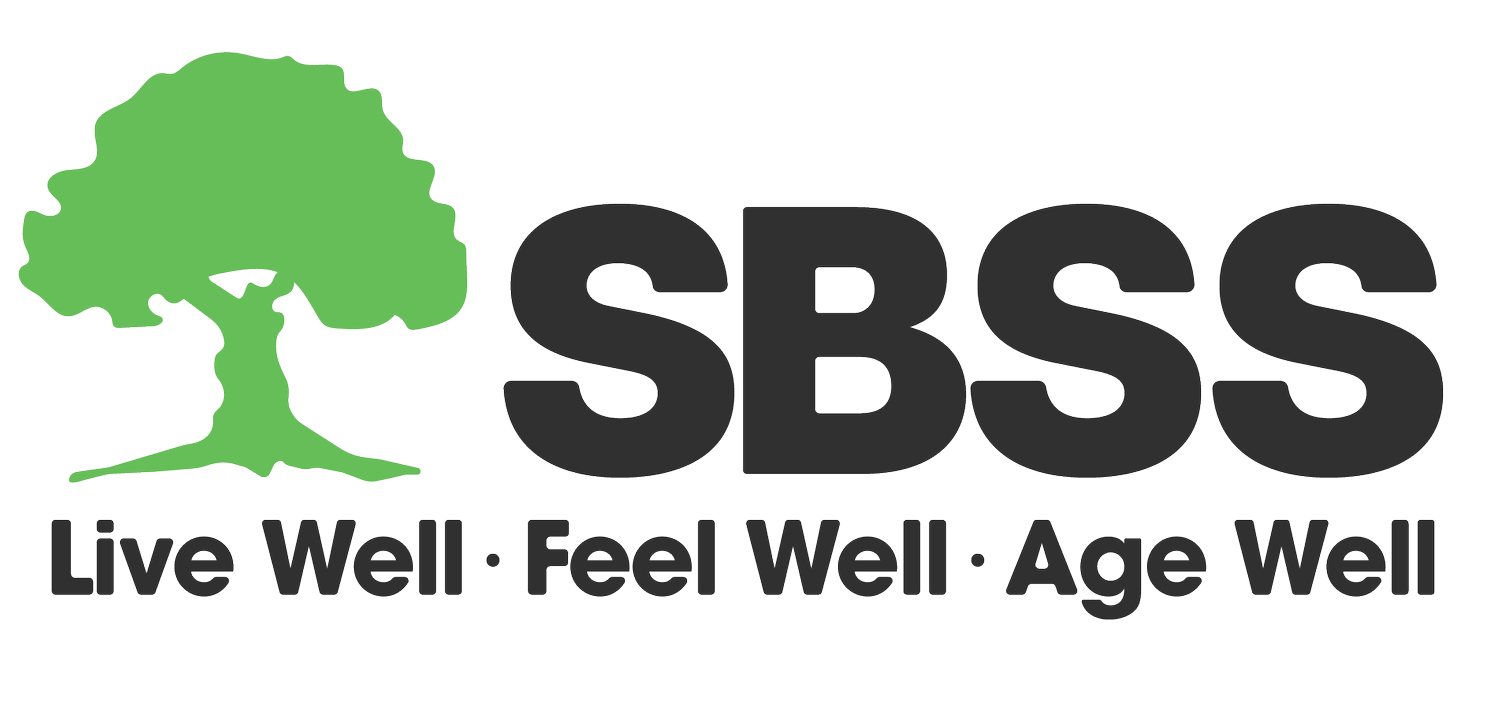With so much information out about vaccines, sometimes it can be hard to know what is most accurate for you or a loved one’s situation. Below we’ve re-posted a break down of what we know, brought to you by our friends at Justice in Aging:
Earlier this month, Governor Newsom announced the state was opening up COVID-19 vaccinations to those age 65 and over, in addition to health care workers and residents of long-term care facilities.
In light of this news, advocates may be getting many questions from older adults they work with about the vaccine. Some may be trying to sign up for a vaccination appointment and encountering barriers. Details are changing quickly and some information may differ depending on the county. This is what we know now:
What vaccines are approved?
As of January 21, 2021, the federal government has granted emergency use authorization of two vaccines, one manufactured by Pfizer and the other by Moderna, to adults 18 years old and older. Several other vaccine candidates are still undergoing clinical testing. Both the Pfizer and Moderna vaccines require two doses, 21 and 28 days apart respectively.
How much does the vaccine cost?
These vaccines should be provided at no cost to all, regardless of insurance or immigration status. If the individual has insurance, providers administering the vaccine are allowed to bill a fee to insurance for administering the vaccine, including Medicare and Medi-Cal. If the individual does not have insurance, providers can request reimbursement for administration of the vaccine through the federal government’s provider relief fund. Advocates should advise older adults to be on alert for potential scams, like paying to get a vaccine earlier.
Is the vaccine safe?
The two vaccines currently being distributed have gone through a rigorous FDA approval process, and California, along with several other states, empaneled a group of scientists to conduct an independent review. The clinical trials included a diverse mix of races and ages, and the vaccines have shown a 94-95% efficacy rate against becoming ill with COVID-19.
When can older adults get vaccinated?
Every local health department is operating on its own timeline, and large health systems like Kaiser may have their own timeline too. Governor Newsom announced on January 13, 2021 that local jurisdictions could start vaccinating older adults 65+ along with certain categories of essential workers. Advocates should check with their health system or local health department on the status of the vaccine rollout in their county or system, and for instructions on how to obtain the vaccine.
In addition to checking with the local health departments and individual health care systems, California announced a new system to let people know if they are eligible to receive a vaccine, and if not yet eligible, to register for a notification via email or text when they are eligible. That system is called My Tool. A pilot version is available in English and Spanish. People seeking more information about COVID-19, including vaccinations, can also call the state’s COVID-19 hotline at 1-833-422-4255.
Where can older adults get vaccinated?
Similar to the annual flu shot, most older Californians who live in the community will be vaccinated at health providers like hospitals, clinics, doctor's offices, or pharmacies. Counties are also ramping temporary mass community vaccination sites. For residents of long-term care facilities, facilities had the option to sign up with a federal partnership program with CVS and Walgreens to administer the vaccine at facilities through on-site vaccination clinics or coordinate with their local health department.
How can an older adult get to a vaccination site?
For older adults who do not have the ability to get to a vaccination site, their health insurance plan may offer transportation to and from the site, including pharmacies. Individuals should check with their Medicare Advantage or Medi-Cal plans for specific details on what type of transportation is offered and how to make an appointment.
Why do some older adults have to wait a long time to get the vaccine?
Although the state has recognized that many older adults, especially older adults of color and those in disadvantaged communities, are at greater risk of COVID-19 infection and death and has prioritized them in vaccine distribution, right now demand far outweighs supply. California is still receiving a relatively low number of vaccines every week. Older adults may have to wait several weeks or longer to get an appointment for the vaccine.
What are some of an older adult’s rights during the vaccine process?
All civil rights laws, including those specific to healthcare and entities receiving federal and state funding, apply. For example, older adults with limited English proficiency should be given meaningful access to language assistance services when getting a vaccine, including interpretation services and translated materials when appropriate. In addition, vaccination sites should comply with federal and state accessibility requirements, and no older adult should be denied a vaccine because of assumptions of their life expectancy or quality of life. Finally, California law strictly limits what personal information can be shared, and only de-identified information will be shared with federal authorities.
For more information about COVID-19 vaccinations in California, please visit California's Vaccinate All 58 website. Information on Vaccinate All 58 will be updated on an ongoing basis.



